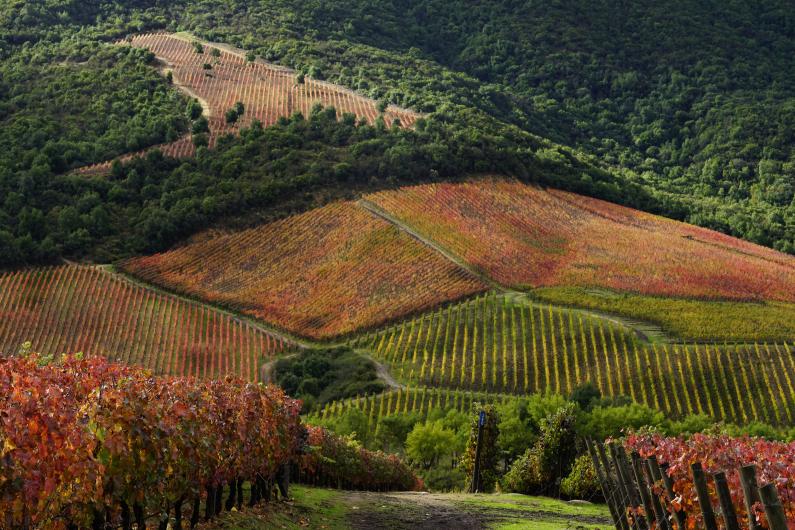Lapostolle Le Rosé

Wine Description
We envisioned a Rosé inspired in the French Provence with a delicate salmon color and a charming nose of fresh fruit & spicy aromas.
 Acclaim
Acclaim
 Vineyard & Production Info
Vineyard & Production Info
 Winemaking & Aging
Winemaking & Aging
 Analytical Data
Analytical Data
 Wine Production
Wine Production
Le Rosé is sourced from a selection of the best lots of Cinsault, Syrah, Grenache and Mourvèdre. All grapes were harvested earlier in the season to keep high level of acidity
and a fresh fruit expression. The grapes are carefully pressed and the free run juice is decanted naturally at low temperature. All fermentations were made in stainless steel tanks, between 14Cº and 16Cº. The wine was stored for 3 months in stainless steel tanks before bottling.
 About the Vineyard
About the Vineyard
In general terms the 2019 season began with a significant water deficit, followed by a complex spring, where precision management in control of fungal diseases due to the water fallen in spring was essential. The summer brought benevolent conditions in relation to the health of the vineyard, but with a very hot period that brought lack of water and high radiation affecting the physiology of the vineyard and the dynamics of maturity, making the decision of the date Harvest a challenge. This harvest leaves us expressive white wines in the fruit of a lot of character as well as red, deep wines with potential for aging.







